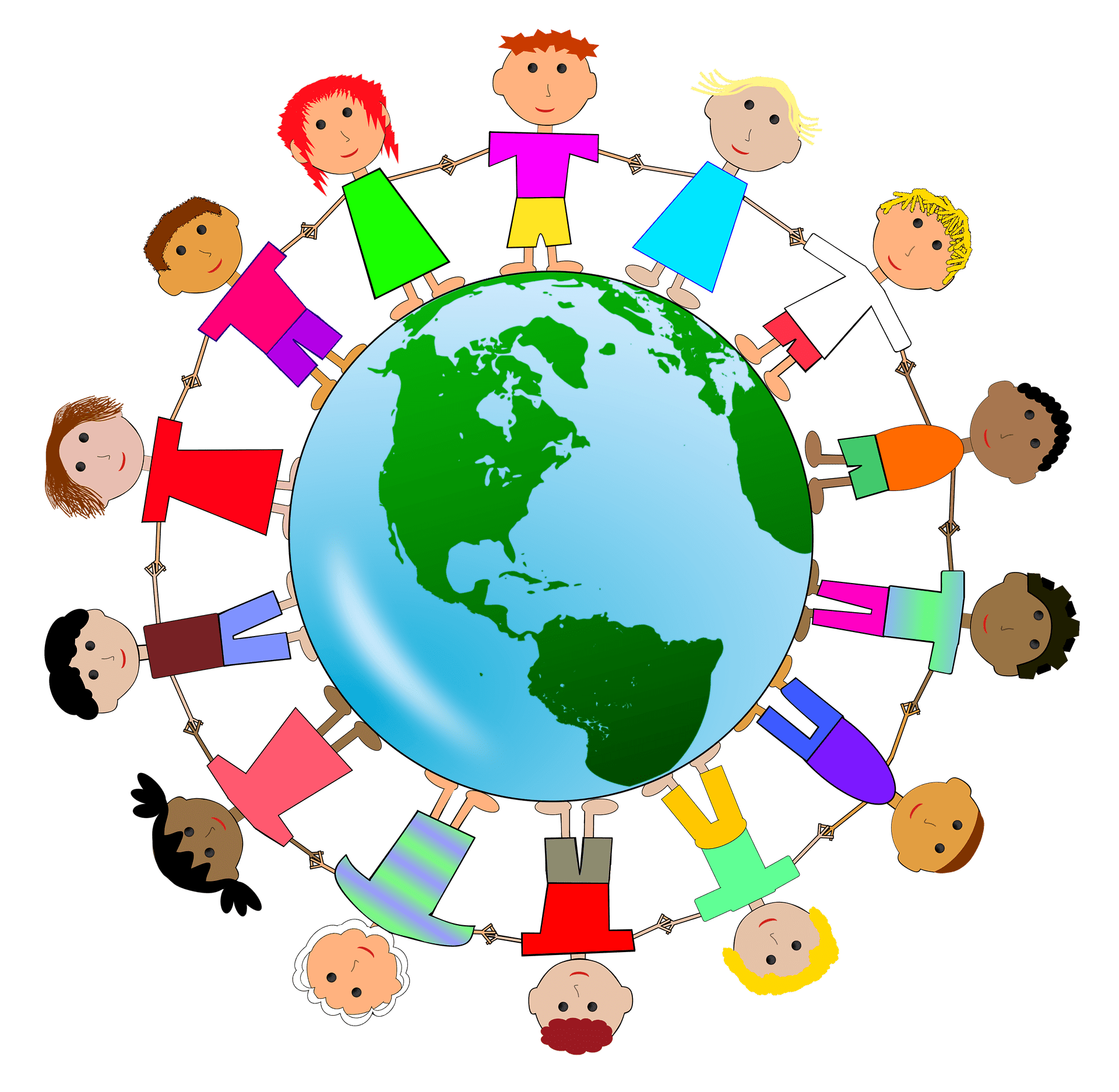What we eat not only impacts our health, but also the health of our world
What is good for us is usually also good for our environment
We can make a difference.
We all have to eat. What we eat, where we buy our food, what we buy and how much we buy can, however, can make enormous differences to our impact on the environment.
Ideally walk to your local shop. If you have to drive, is there a local shop where you can buy many of the items on your list?
Whilst not everything you want maybe grown locally, choose local products whenever possible.
Get into the habit of buying seasonal food, grown locally. Try to limit un-seasonal, imported products as treats. Not only is it better for the environment but you will probably appreciate and enjoy it more.
Generally, organic products will be better for the environment.
The environmental impact of producing our food is enormous.
- Depletion of natural spaces
- Use of water as well as pollution of water supplies
- Green-house gas production
- Environmental pollutants and contaminants
- Carbon costs of transporting food to your local stores
- Carbon costs of your travelling to stores
Buying locally
Buying locally is a state of mind and a habit. There are many things that you can buy from your local shop, for example, eggs, milk, bread, frozen peas, etc. There are a few ideas that can help you buy locally, more often:
- See what’s available. Make a list of things that could buy from the local store.
- Especially, see if there are any local produce, eg. eggs.
- Your store might source some items from closer to you than your supermarket does … that’s better for the environment.

Some YouTube videos that we recommend:
The Effect Food Production has on Climate Change.
NBC 6 South Florida
Future of Food – Feeding the World in a Sustainable Way | Chiara Cecchini | TEDxKlagenfurt
What if we flip the standard from animal-based to plant-based food? | Lisa Stel | TEDxAmsterdamWomen
